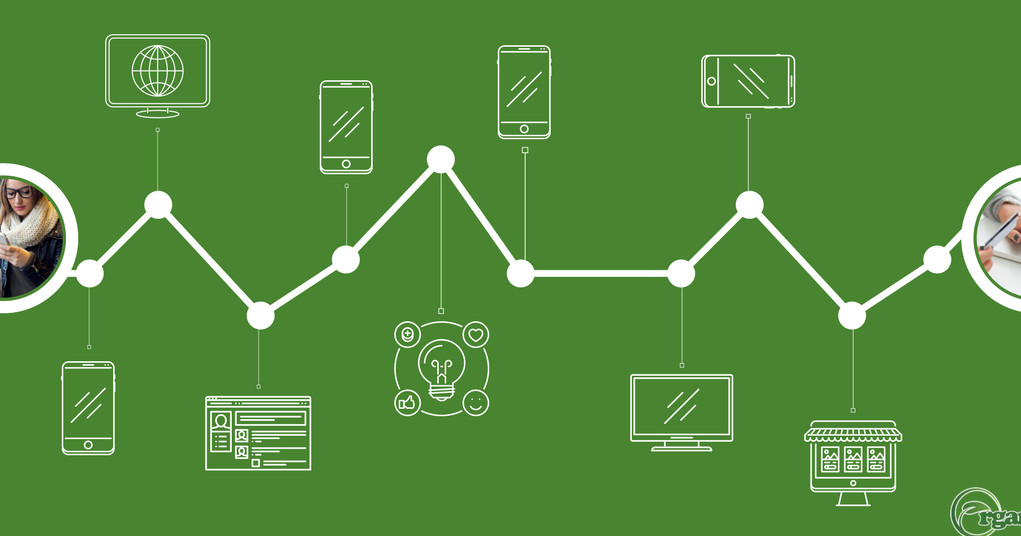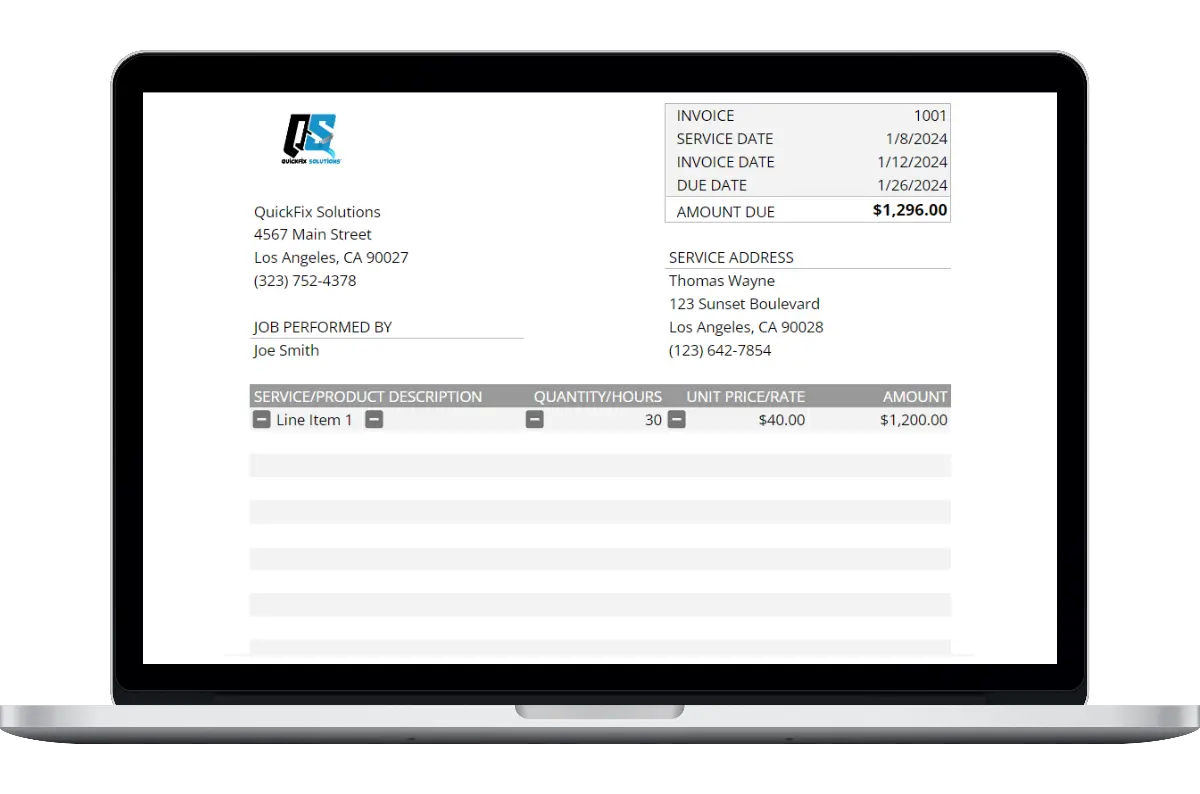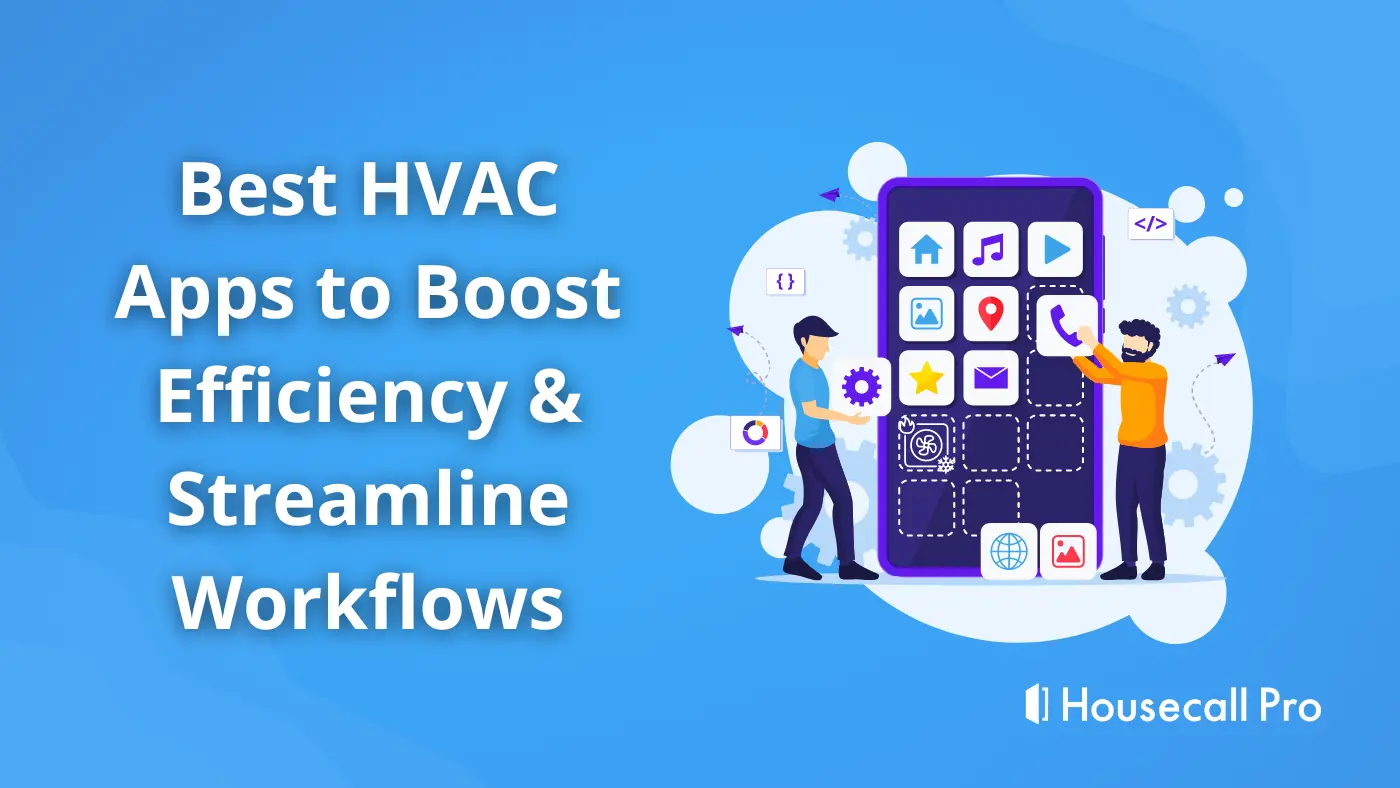
How many times have you heard someone refer to SEO and wondered, “What on earth is that?” Everyone always emphasizes the importance of SEO, but what is it exactly and why should businesses be using it?
We spoke with Organik SEO, a digital marketing agency located in San Diego, to learn all about SEO and how small businesses should be using it. When Organik SEO first started out, they focused exclusively on local SEO for service-based businesses. Since then, they’ve expanded into other aspects of digital marketing and offer SEO, Google Advertising, social media marketing and more.
Here’s what the team had to say about all things SEO:
What is SEO?
SEO is the process of getting search engines to better understand and rank your website above your competition to get more new leads for your business. SEO is really the foundation for any successful marketing campaign, since these days most of your customers are looking online to find a business.
Why is SEO important?
It’s important because, in this digital day and age, your website is the best way to get in front of your potential customers when they are actively seeking out your service. As technology continues to advance, today’s customer adopts new behaviors faster than ever and you need to arm your business with tools to keep up.
For your customer, making a purchase is no longer about picking up the yellow pages; it’s about grabbing their phone, doing a quick search online and seeing which business comes up. Your customers are already looking for the services you offer, you just need to be able to show up at the right time.
Who should be using it? If you own a business and have a website, you should be doing some level of SEO. You need online exposure to drive your business. Your website is your best sales tool and SEO is how you leverage it to its full potential.
Basic SEO activities
For a locally focused service-based business, you need to start with a great website that is:
- Mobile friendly
- Easy to navigate
- Has strong “CTAs”
- Has easy methods to contact you via phone, intake form, email etc.
Additionally, the site should be built on a content management system (CMS) that makes it easy for you to update and add pages to your website so it can continue to evolve with your business.
These elements will help ensure that qualified visitors will have a good user experience when they arrive at your website. Once that’s done, it’s time to look at what we call “on-page” SEO elements. These are items that the search engines are looking at to try and decipher:
- Who you are
- What you do
- Your unique differentiators
- Your primary service offerings
- The geographic locations where you offer your services
Elements such as meta descriptions, title tags, image names, and headings are important indications to a search engine to determine your relevancy, yet are often overlooked.
Once you’ve established proper on-page SEO you want to begin developing a stronger local SEO presence. The first step is to claim, verify and optimize your Google My Business page with the proper name, address, phone number, URL, service offerings, images, etc. The next step is to work to establish listings and citations of your business on other directory websites such as Citysearch, Yelp, Kudzu, Yellow Pages, etc. Taking the time to properly build these out with robust information will help the search engines recognize that you are an established business within a local market.
Do’s and Don’ts for small businesses starting SEO
DO: Earmark an annual budget and plan for digital marketing and SEO between $25-$100K – Think long-term, thrive long-term!
DON’T: Build a website on a content management system that you don’t own (i.e. Wix, GoDaddy, or Website Tonight) and avoid budget hosting providers (that can result in website downtime, hacking vulnerabilities, backup issues, site speed issues etc).
DON’T: Work with a marketing company who seems to overpromise with lofty goals and KPI’s, if it sounds too good to be true, it probably is (there is definitely no such thing as guaranteed organic rankings and they can not get you ranked #1 on Google tomorrow!). Be sure to hire someone that is transparent and wanting to educate you as to their process so you’re not just throwing money at something without understanding what you’re paying for.
DO: Find a marketing company that will act as an extension of your business or bring someone in-house.
DO: Perform an SEO audit of your current site. Maintaining a website and your authority with search engines like Google is similar to maintaining a car, you have to perform routine diagnostics.
If you can share anything specific to plumbing or service professionals who you’ve seen or helped benefit from SEO, we would love to hear examples of it helping grow their business.
Our plumbing and service-based clients have benefited most from online review strategies within their SEO campaigns. This helps in two ways:
- When you have a lot of online reviews you give your local rankings a boost within the Google search engine.
- Consistent online reviews lead to more business for you with trusting customers
When it comes to local service industries, we’ve found that many users will research the credibility of the company they’re looking to work with. Online reviews help you go beyond online web pages and offer a stamp of approval from many other individuals in a given market.
Our clients that have seen the most success from online reviews have made a point to use the review strategy across the business. We’ll consistently work with those clients on email templates, responses, and exploring all of the platforms available to get online reviews.
Having an SEO strategy is a key factor in boosting your exposure and driving more business. Now that you know what SEO is and why you should use it, you can begin doing some of the new tactics we learned from OrganikSEO to grow your business.






